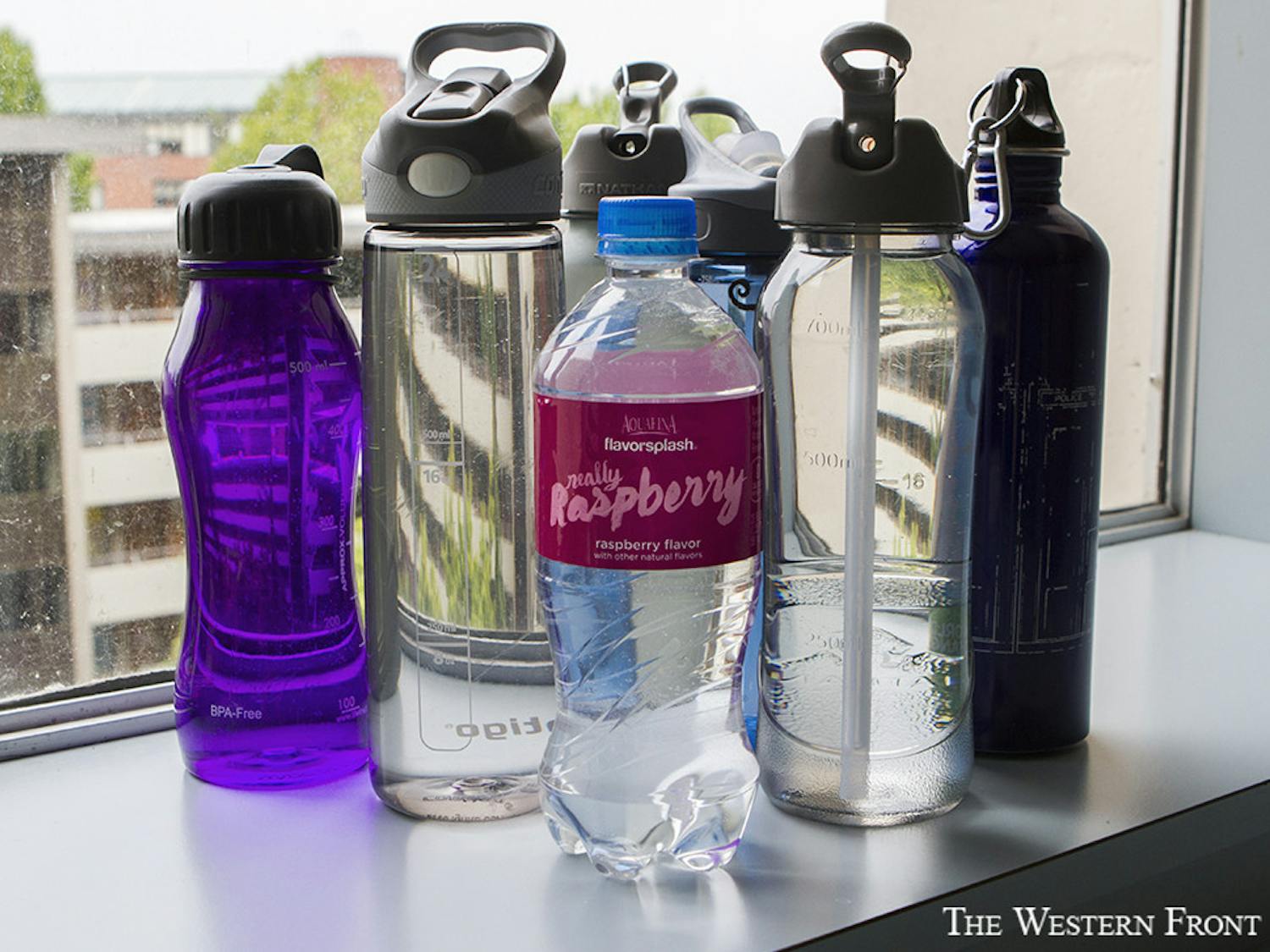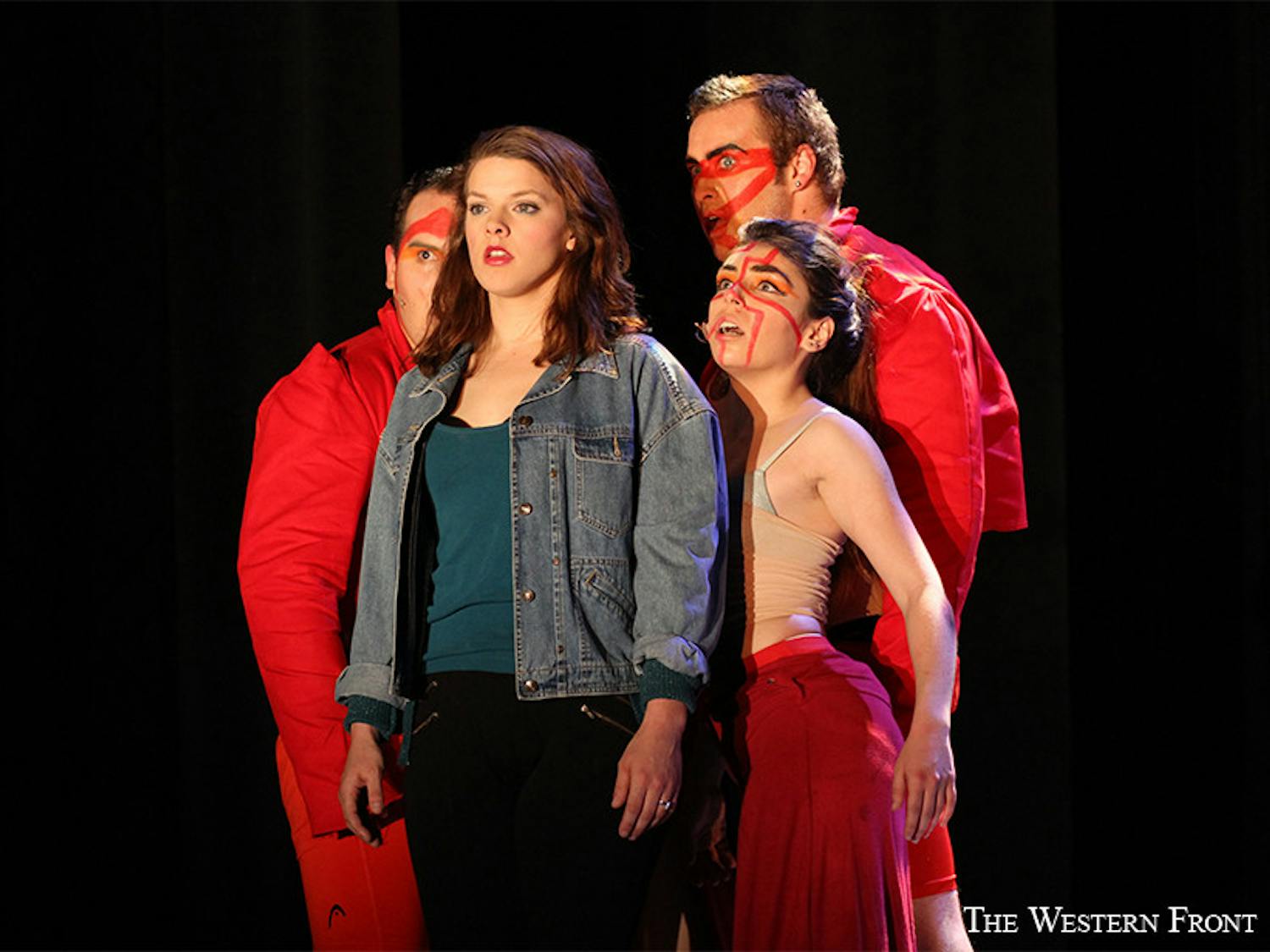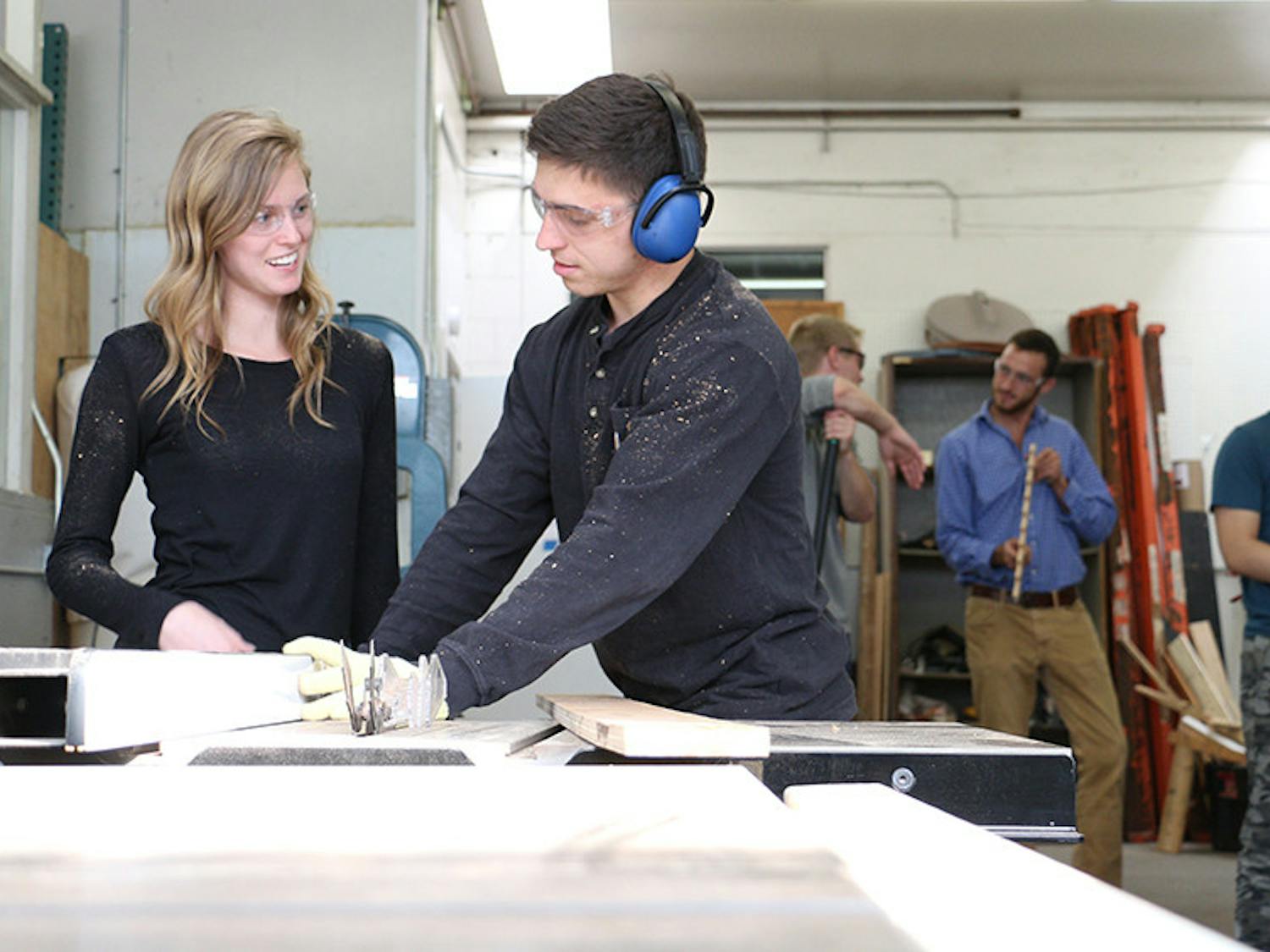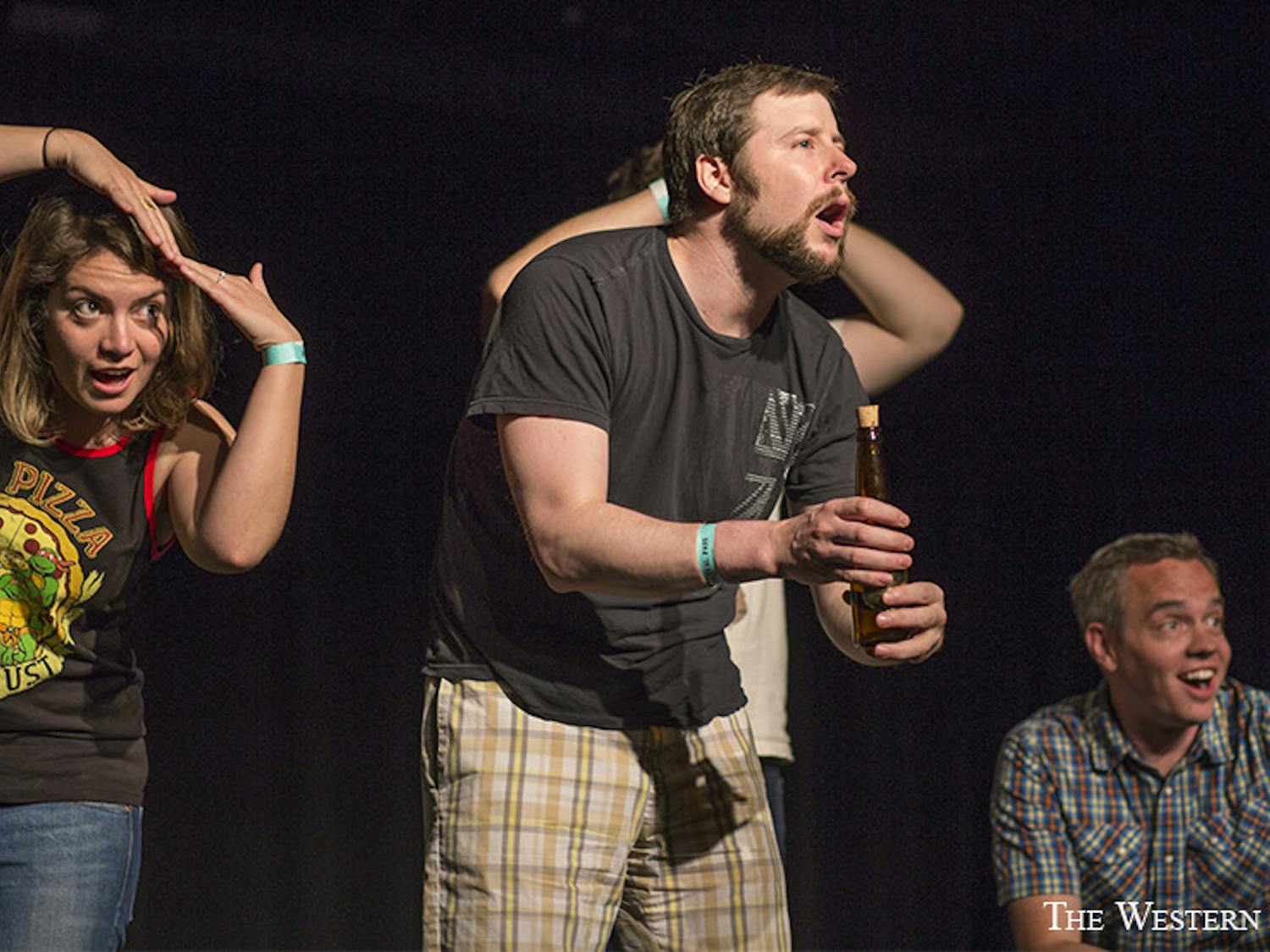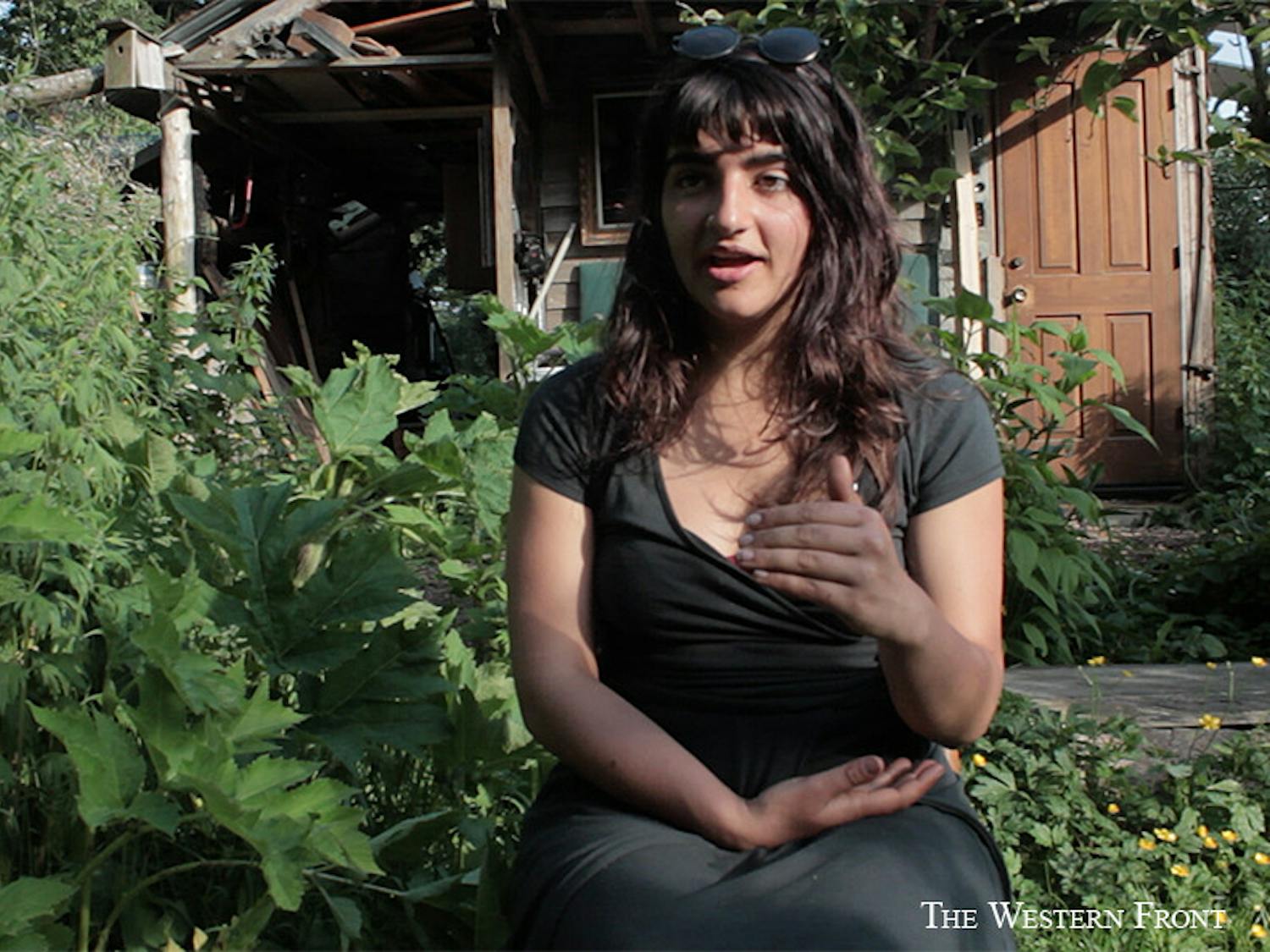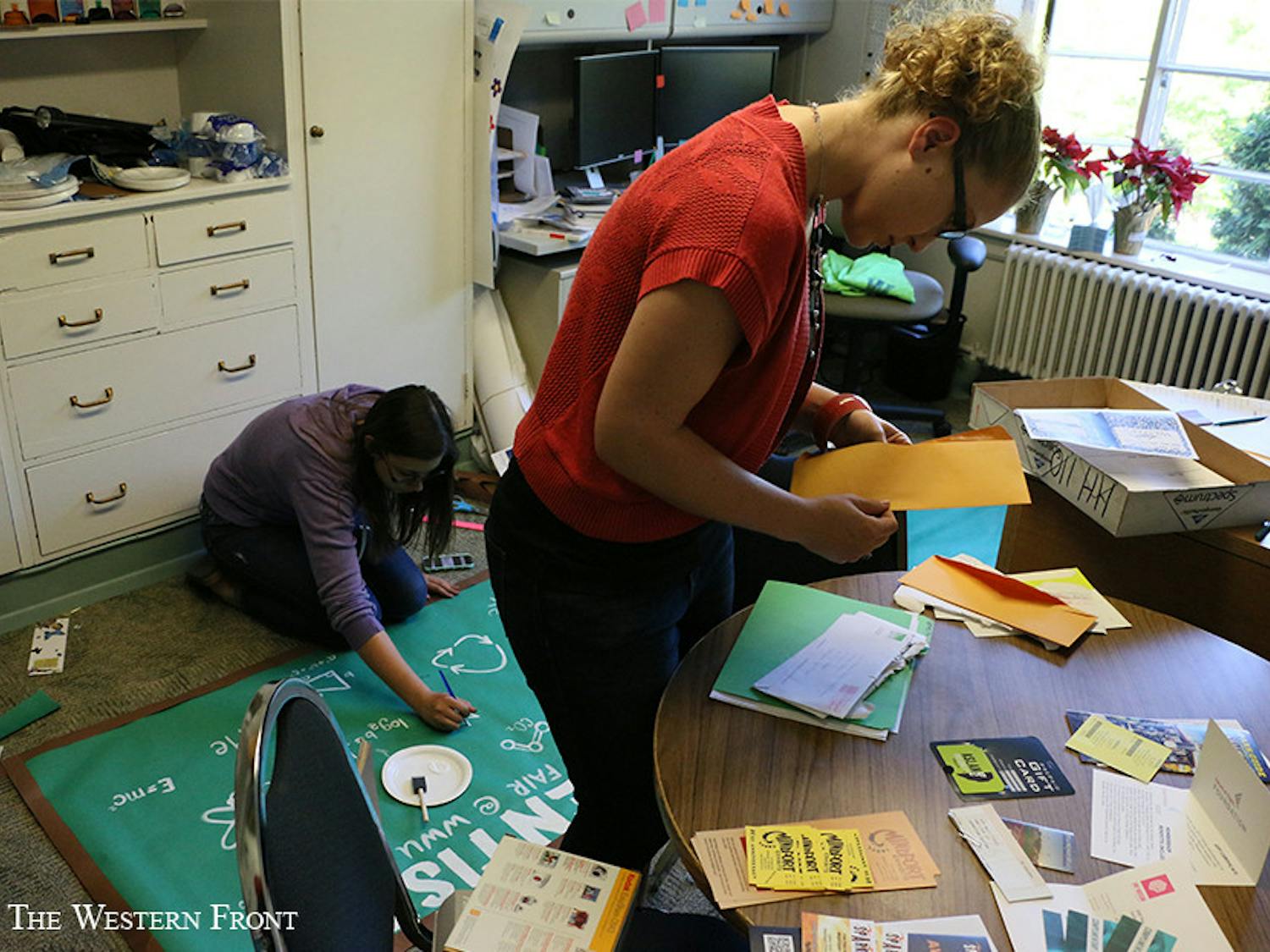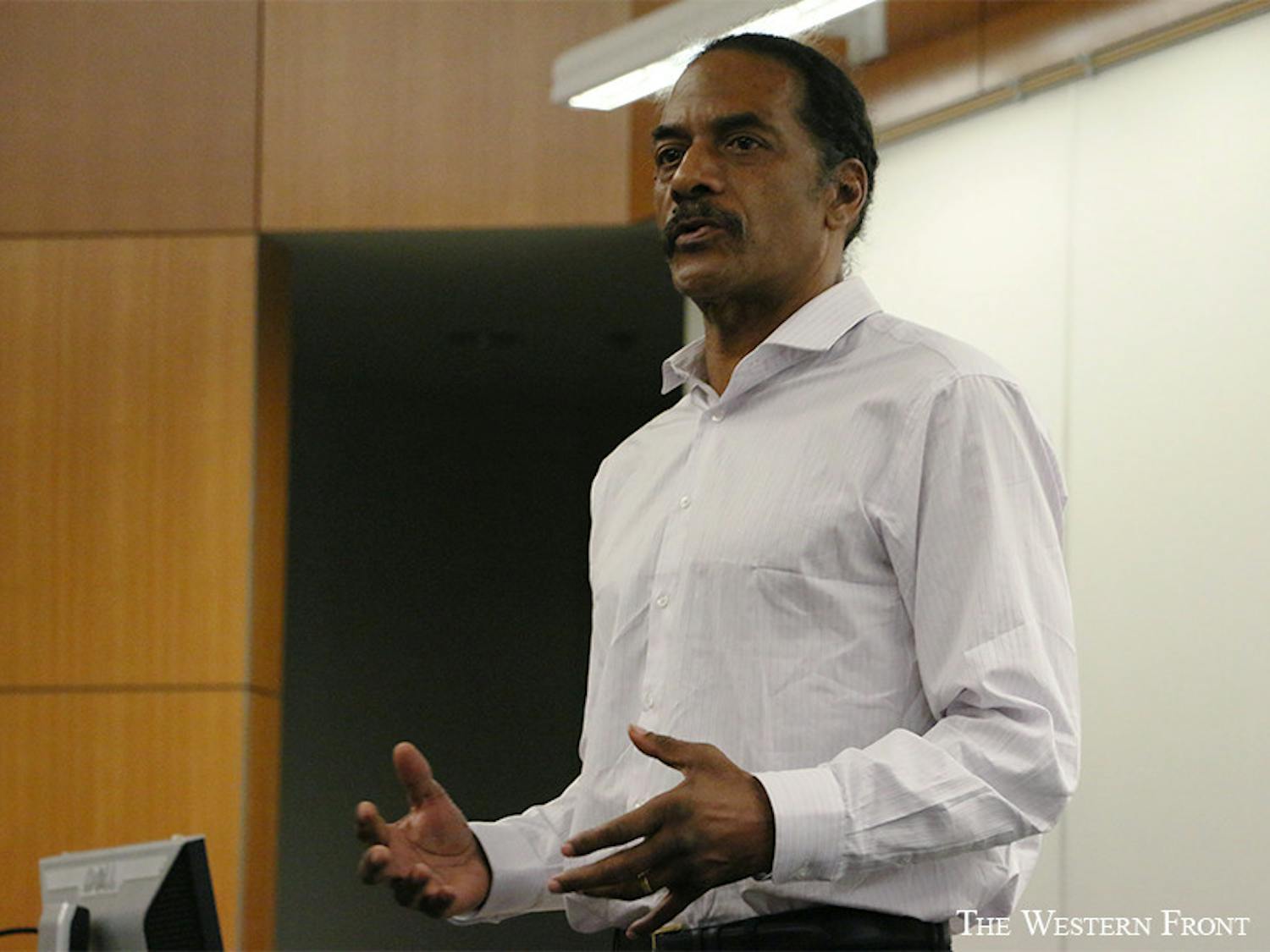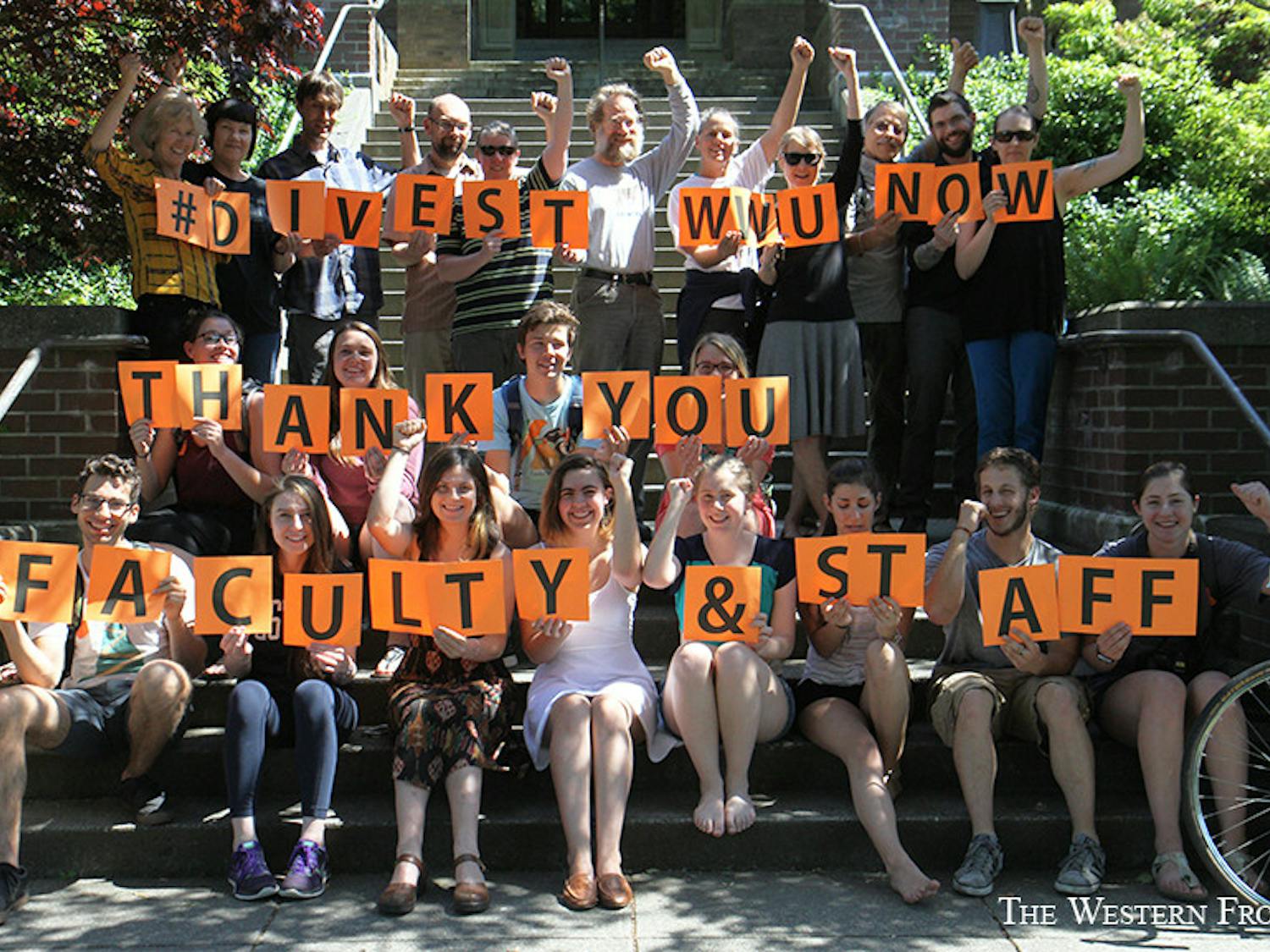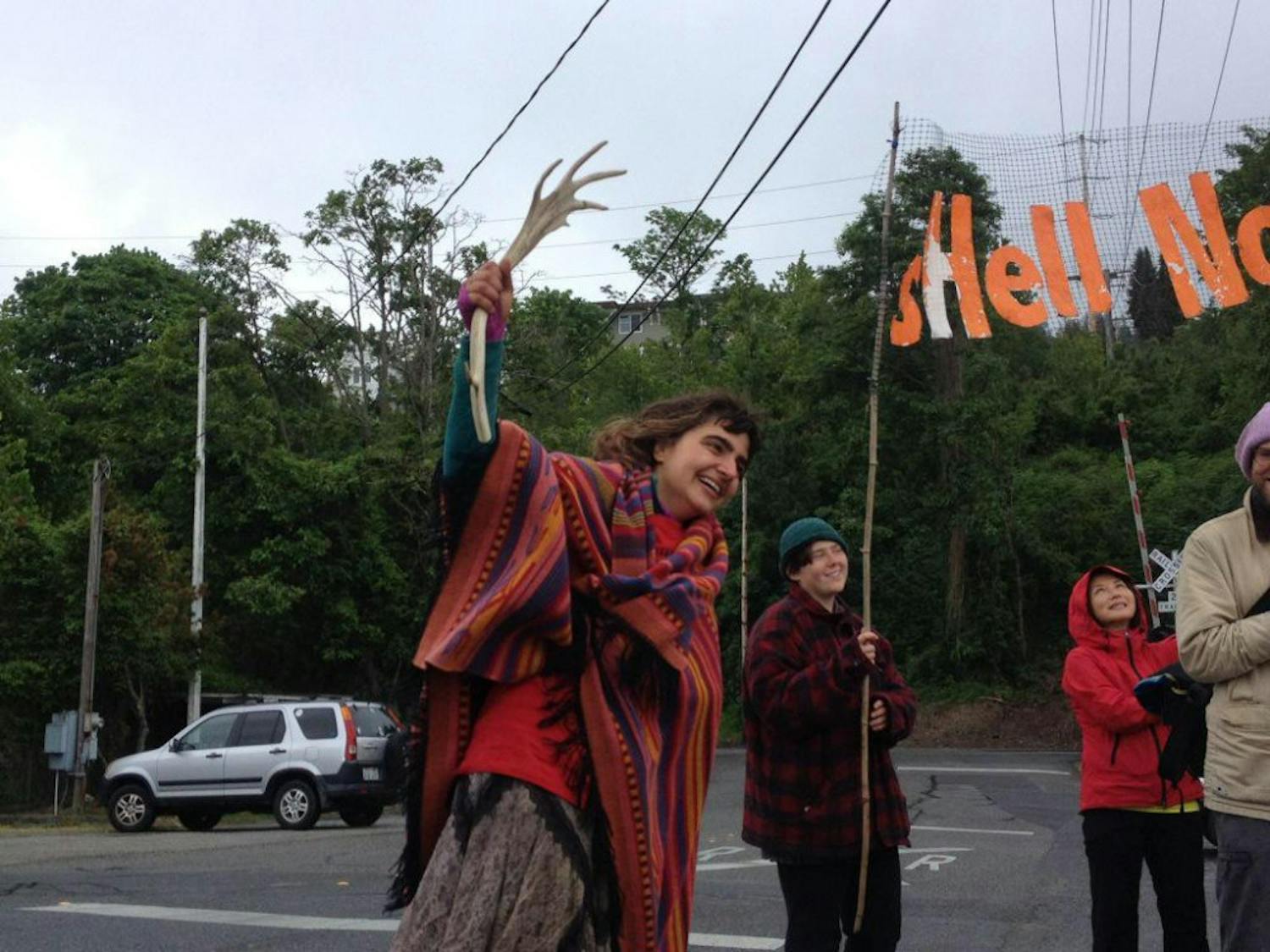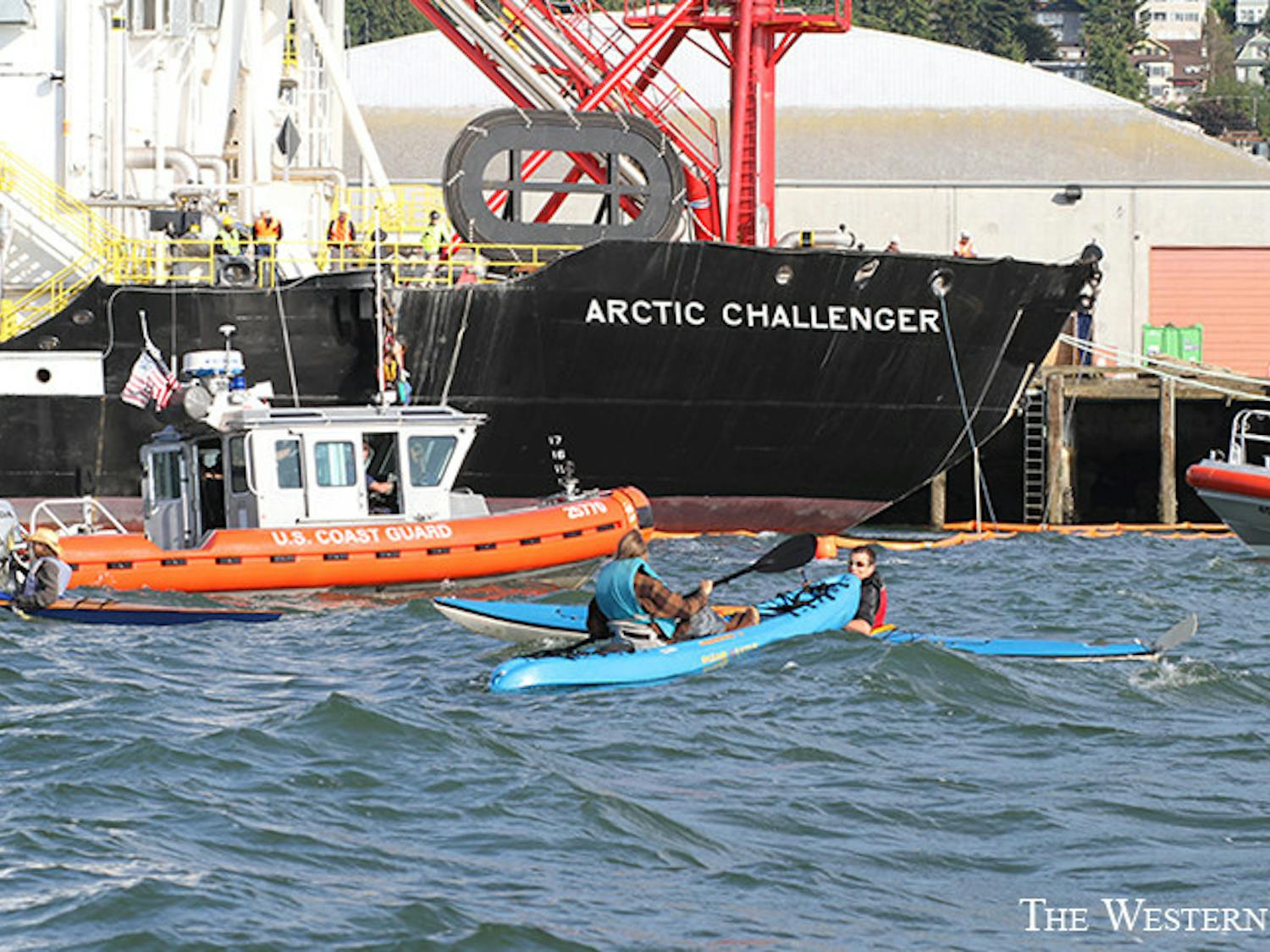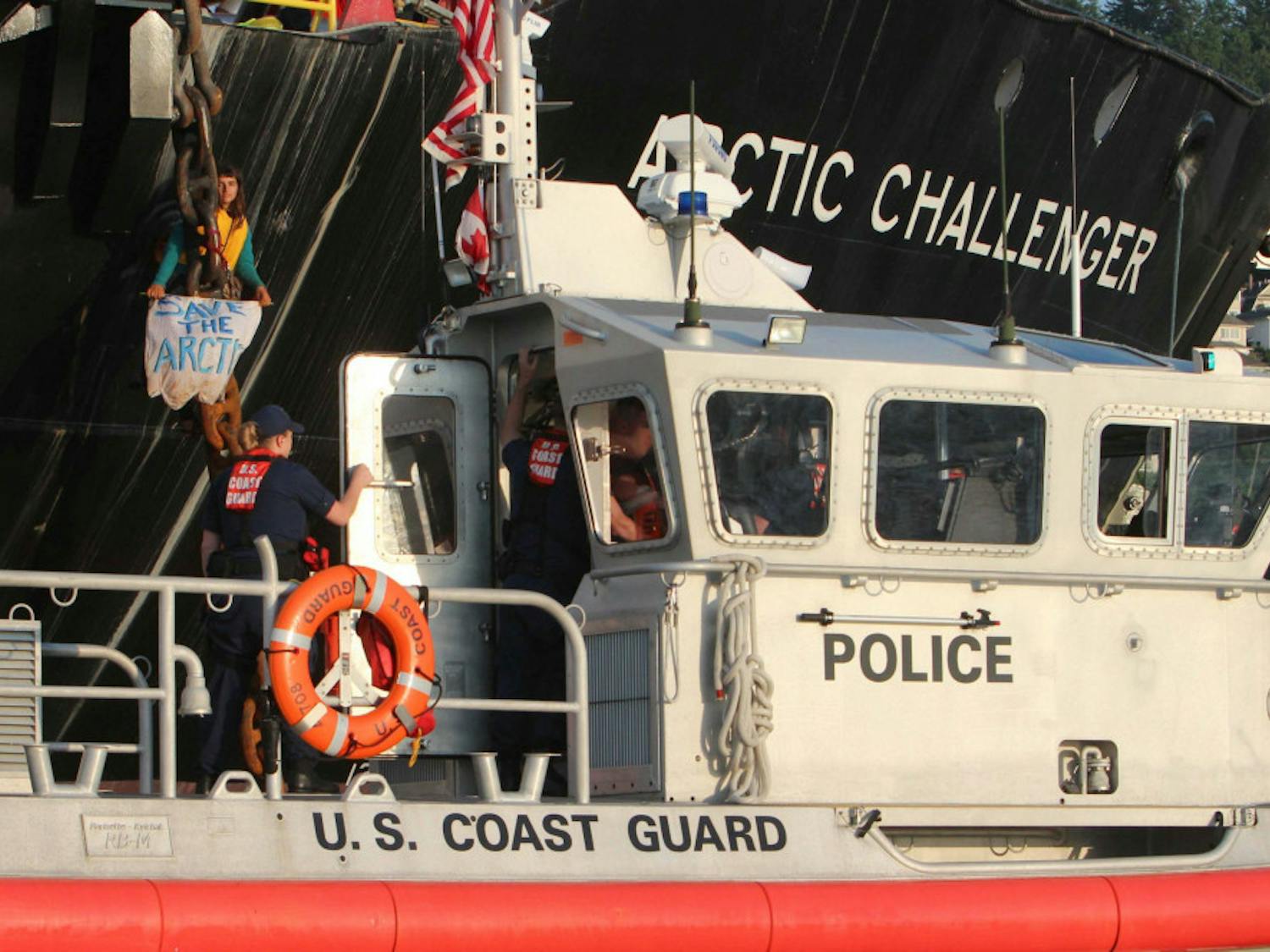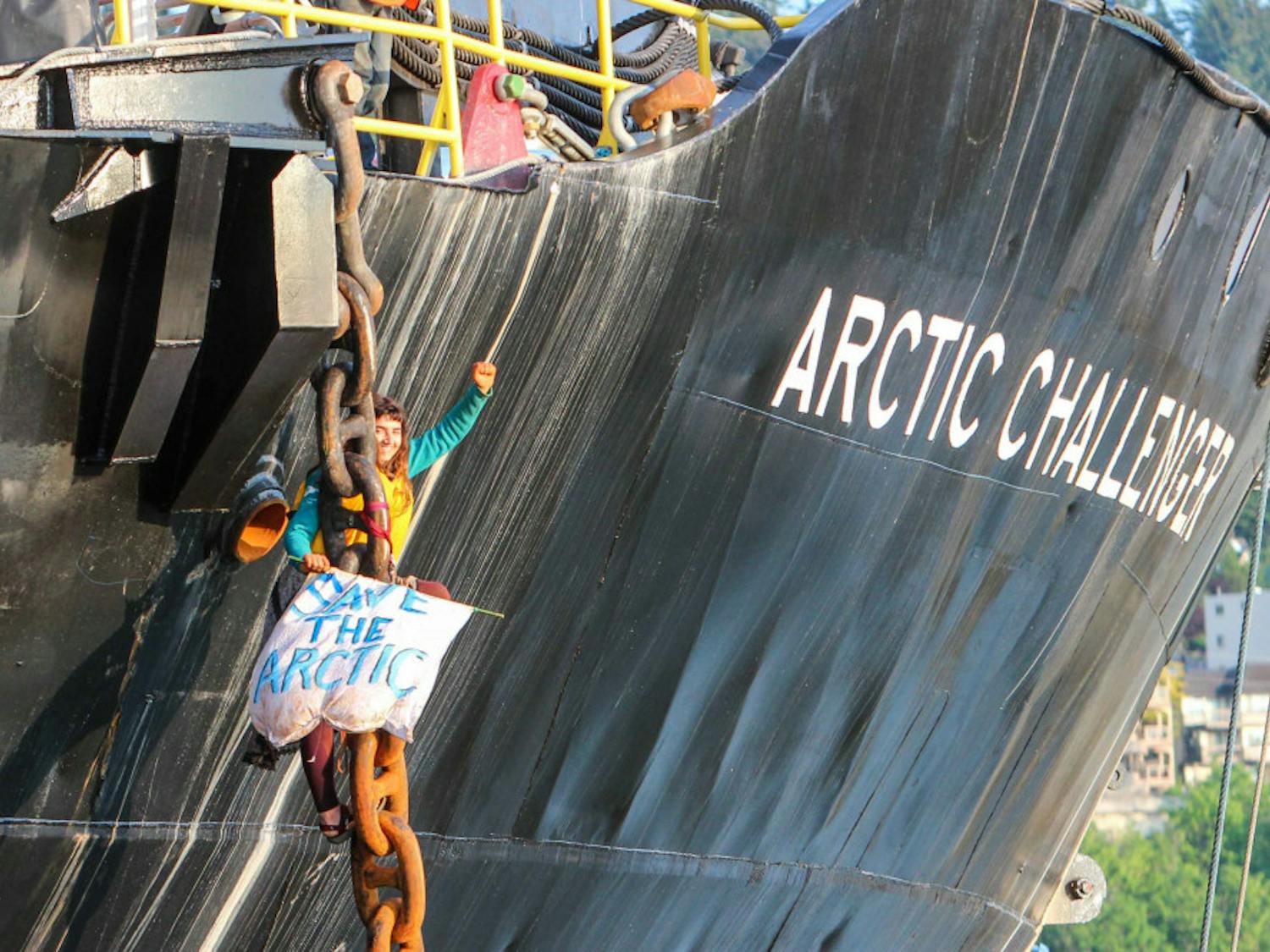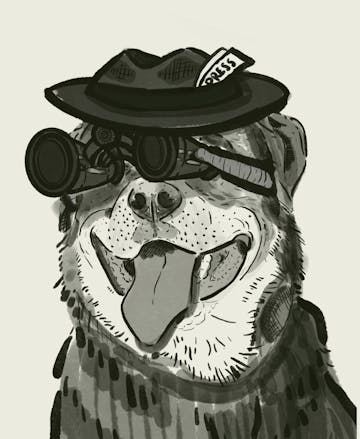News
By The Front
|
June 1
Levels of mercury in Virginia’s South River have made fish inedible, and Western researchers have spent the last five years examining possible solutions.
Huxley Professor Wayne Landis and a team of graduate students are now using information about the river to publish a scientific paper explaining different options for cleaning toxins from the environment.
Landis and some of his graduate students have been researching different methods to remove the mercury from the sediment in a way that doesn’t harm the environment or human health.
This December will mark the completion of the first stage of rehabilitation of the river, which has been contaminated since the 1970s, according to Virginia’s Department of Environmental Quality website.
Ladis’ research will also be available to the scientific community. Others can use the information to manage other contaminated watersheds in other regions throughout the world, Landis said.
“The stuff we do for the South River isn’t really just for the South River. It’s an example for how to do this kind of work for everybody else in the world,” Landis said.
The graduate students worked closely with the South River Science Team, which includes representatives from local, state and federal governments, members of Virginia’s academic community, local environmental groups, according to the South River Science Team’s website.
The mercury in this valley is in part due to the byproducts of the DuPont Company, an organization that solves food, energy, and environmental protection problems in the U.S., according to their website. Small amounts of mercury were being released from the DuPont Company’s former manufacturing facility, according to the South River Science Team website.
Western graduate student Lara Gaasland-Tatro is studying how climate change is going to affect whichever method they choose to retract the mercury. The graduate students are also examining organic compounds of various structures and toxicity, common pesticides and water temperature.
This increased water temperature causes multiple ecological problems, Gaasland-Tatro said, including the health of organisms in the ecosystem.
“When species are temperature stressed, their metabolisms are moving up and moving faster. They generally have lower bodily responses to stresses. Immune systems can be compromised,” Gaasland-Tatro said.
Landis has been working with 34 of his graduate students for 25 years over his entire career, and takes pride in the atmosphere they have developed. Many have begun looking after one another, he said.
“That’s the only way I could have graduated so many students, is that the new ones are taught a lot by the old ones about what to expect,” Landis said.
Landis said he appreciates the fresh ideas of graduate students because they keep him on his toes and always thinking about new concepts.
“They teach me, I can do stuff and not be the same old fuddy-duddy,” Landis said.
A large number of undergraduate students work on the project, and another undergraduate student will be working with him this summer, Landis said.
Another graduate student, Meg Harris, was more interested in what could be done about the recreation of Waynesboro, Virginia. The town is dependent on tourism, which made lowering mercury in the environment important to make the fish edible, she said.
“I think this is one example of a lot of different projects at Western and especially in Huxley that people are working on,” Harris said. “We’re working directly with groups who are taking our research and applying it on the ground.”
Now that the first stage is over, starting December the article will be open for anyone to use as a blueprint to see what to do next if they’re dealing with contamination in their area.



